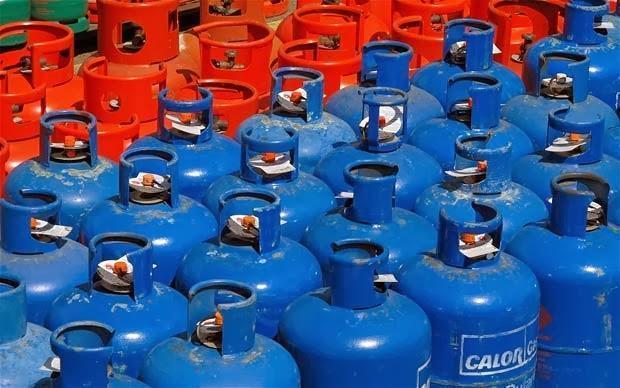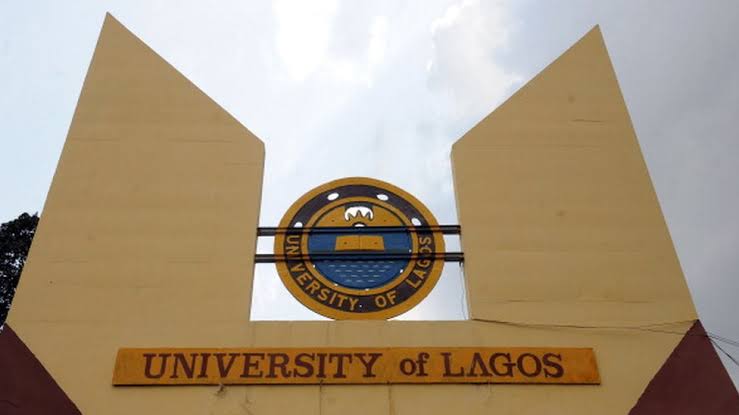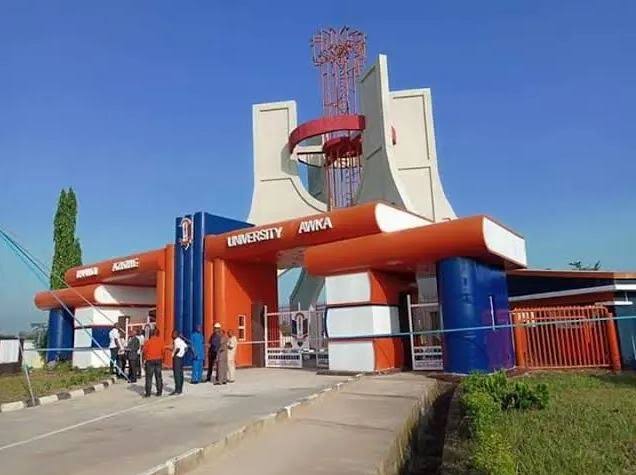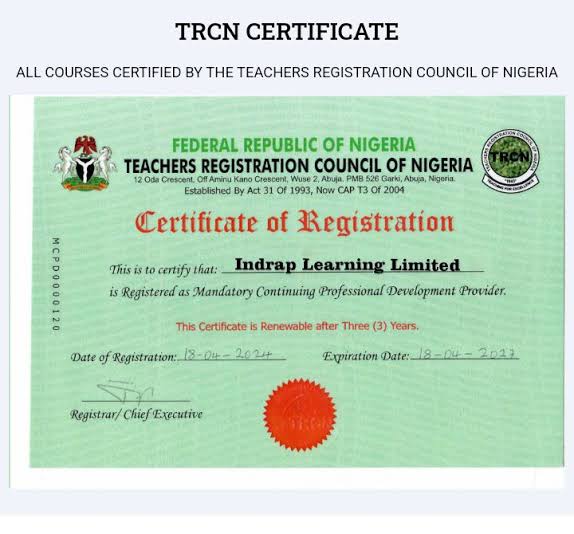Nigerian households are facing yet another wave of hardship as the price of Liquefied Petroleum Gas (LPG), popularly known as cooking gas, has skyrocketed to ₦17,500 for a 12.5kg cylinder, marking one of the steepest hikes in recent months. The sudden surge, which represents more than a 34% increase in just one week, is attributed to a combination of a strike action by oil and gas workers and delays in supply from the much-anticipated Dangote Refinery.
This development has sparked widespread concern across the country, with millions of families struggling to adjust to the rapidly changing price of one of the most essential household commodities.
Why Cooking Gas Prices Are Rising Again
The recent spike in LPG prices is driven by two major factors:
- PENGASSAN Strike Action
The Petroleum and Natural Gas Senior Staff Association of Nigeria (PENGASSAN) recently embarked on industrial action that significantly disrupted gas production and distribution across the country. With major supply channels shut down, the already fragile market was thrown into disarray. - Dangote Refinery Supply Delay
The Dangote Refinery, which was expected to provide stable and affordable access to gas, has also been at the center of controversy. Marketers revealed that the refinery delayed the issuance of loading invoices for weeks, making it nearly impossible for them to source products directly from the facility. This left many suppliers scrambling to procure LPG from alternative channels at higher costs, which inevitably pushed retail prices upwards.
New Market Prices Across Nigeria
The retail cost of LPG has now surged to between ₦1,350 and ₦1,500 per kilogram depending on location. This means that:
- A 6kg cylinder now costs between ₦8,100 and ₦9,000
- A 12.5kg cylinder has jumped to around ₦17,500
- Larger cylinders for restaurants and commercial users are even more expensive, putting further pressure on small businesses
For many Nigerians, this sudden surge is not just a financial inconvenience but a direct threat to daily survival, given that cooking gas is a staple for millions of homes.
How Nigerian Families Are Coping
The impact of the price hike is being felt across households nationwide:
- Return to Firewood and Charcoal: Many low-income families are reverting to firewood and charcoal as cheaper alternatives. While these options may reduce immediate costs, they come with significant health risks from smoke inhalation and long-term environmental consequences such as deforestation.
- Reduced Cooking and Meal Adjustments: Some families are adjusting their cooking patterns by reducing the number of meals prepared daily or switching to meals that require less gas consumption.
- Pressure on Household Budgets: With inflation already hitting food and transportation, this gas price surge has further squeezed household budgets, leaving families with fewer choices and forcing them to prioritize essential needs.
Marketers and Stakeholders Call for Urgent Intervention
Gas marketers and trade associations are calling on the federal government and the management of the Dangote Refinery to urgently intervene in order to stabilize supply and reduce prices.
Stakeholders argue that without immediate action:
- Prices may continue to rise in the short term
- More households will abandon LPG, reversing years of advocacy for clean energy adoption
- Nigeria risks worsening health and environmental challenges due to reliance on biomass fuels
The Nigerian Association of Liquefied Petroleum Gas Marketers (NALPGAM) has emphasized that the problem is not demand, but supply disruption. They urge Dangote and relevant authorities to make gas more accessible by easing distribution bottlenecks and resolving the strike crisis.
Economic and Social Implications
The cooking gas price surge highlights deeper economic issues facing Nigeria:
- Inflationary Pressure: This increase adds to Nigeria’s already high inflation, as cooking gas is an integral household necessity.
- Impact on Small Businesses: Food vendors, restaurants, and small-scale enterprises that rely on LPG for daily operations are also forced to adjust prices, passing the burden on to consumers.
- Public Confidence in Dangote Refinery: Hopes were high that Dangote’s entry into the domestic energy market would bring relief. However, the delays in supply have led to frustration, with many questioning the readiness of the refinery to meet expectations.
Outlook: What to Expect in the Coming Weeks
Unless urgent steps are taken to resolve the strike and address supply delays, experts warn that LPG prices could climb even higher in the coming weeks. Some analysts project that the price of a 12.5kg cylinder could cross the ₦20,000 mark if the current supply challenges persist.
On the flip side, if Dangote Refinery resumes steady distribution and government agencies step in with strategic interventions, there could be a gradual reduction in prices. However, for now, Nigerians are bracing themselves for a prolonged period of high cooking gas costs.
Conclusion
The surge in cooking gas prices to ₦17,500 per 12.5kg is a wake-up call on Nigeria’s energy security and supply chain management. With the combined impact of the PENGASSAN strike and delays from the Dangote Refinery, millions of Nigerians are bearing the brunt of an unstable LPG market.
As the situation develops, the need for urgent policy intervention, consistent supply, and stronger regulatory oversight cannot be overemphasized. Until these issues are resolved, Nigerian households and small businesses will continue to face tough choices in their daily struggle for affordable and clean cooking energy.






